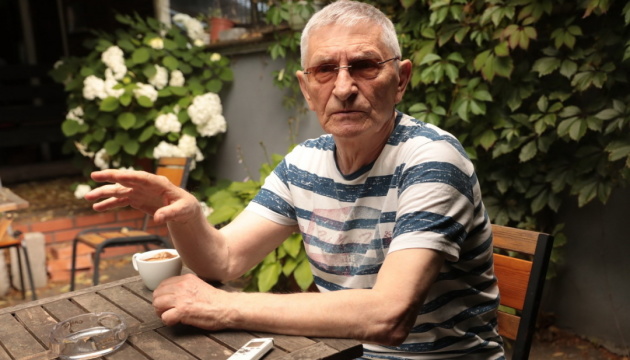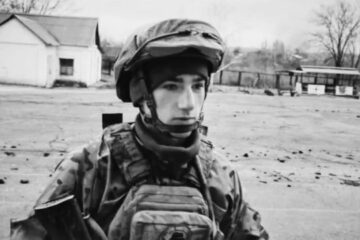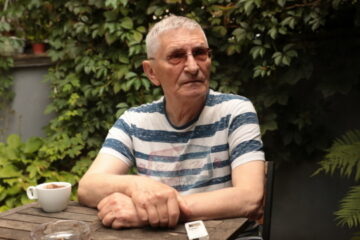
The hot phase of the war could end within 1–2 years, and about 30% of Ukrainian refugees may return home.
This opinion was expressed in an interview with Ukrinform by Yevhen Holovakha, Director of the Institute of Sociology at the National Academy of Sciences of Ukraine.
“I believe that if the war in Ukraine lasts another year or two, we can expect about 30% of refugees to return. I’m one of those experts who predict that the war will end in that timeframe,” said Holovakha.
In his view, the broader conflict with Russia will continue as long as the political regime in the Russian Federation remains unchanged.
“We are doomed to either a cold or hot war. Some analysts even predict renewed hostilities into the 2030s. But I’m talking about the hot phase ending within a year or two and 30% of Ukrainians returning,” he explained.
Holovakha emphasized that ending the fighting as soon as possible is critical to retaining Ukraine’s youth, since security is now society’s primary concern.
“Today, the main issue isn’t even population replacement — it’s safety. But we must also think about the near future. To preserve the younger generation, the war must end quickly. Then many will return,” he said.
According to Holovakha, fewer than 50% of refugees currently express intent to return to Ukraine.
“Sociologists have studied this. Back in 2022, 78% of refugees planned to return, but now it’s less than 50%. The experience of the Balkan wars (a series of conflicts in the former Yugoslavia in the 1990s – ed.) shows that only about 30% of those who fled to other countries returned to Bosnia, Croatia, and Albania,” he noted.
Still, Holovakha believes the remaining 70% of Ukrainian refugees should not be seen as lost to the country.
“The fact that 70% will remain abroad doesn’t mean they’re disconnected. People are measured by their social capital, and abroad, they’ll gain new skills, which will increase their value. So, this should not be seen as a tragedy,” he added.
Holovakha also pointed out that first-generation migrants often struggle to adapt, which makes return more likely for many.
“It’s always hard for first-generation migrants. Some people are flexible and adapt easily. But for the majority, adjusting to new rules, a new language, and lifestyle is a heavy burden. So many would gladly return — if living conditions become comparable,” the sociologist said.
As reported by Ukrinform, according to the Ministry of Education and Science, the number of high school graduates in Ukraine is decreasing by 20,000 to 30,000 annually.
Source: Hot phase of war may end within 1–2 years, 30% of refugees could return – sociologist Holovakha



